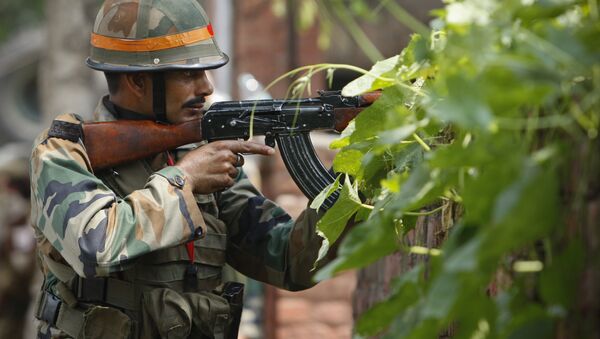The advisory was issued after discovering that some personnel had unknowingly revealed their identities and sensitive information to adversaries in the past few months.
"People tend to join different groups. For instance, a school or college group where there could be many participants. One never knows if any participant could be vying for information. There could be someone observing the personnel," Indian news agency PTI quoted sources as saying.
The Indian Army chief has been warning personnel about this since last year, and also about risks of soldiers being targetted through malware on social messaging platforms.
Earlier this year in May, an Indian Army clerk was arrested at Mhow, a military station in the Indian state of Madhya Pradesh, after months of surveillance revealed he was allegedly "honey-trapped" by a Pakistani woman. He disclosed information on troop movements and military exercises to a Pakistani spy on Facebook and WhatsApp.
In January, military intelligence started to conduct surprise checks on soldiers’ phones and laptops to avert such “honey-traps” on social media.
Investigations in several cases found that soldiers were trapped by women, that flirted or shared intimate videos and later turned out to be enemy spies.
Earlier this year, the Indian army chief cautioned his men to be vigilant in using social media.
"We have to be careful while using social media. Even our families should also use social media cautiously…Don't befriend women with names of film stars on social media, these could be honey traps," General Bipin Rawat had said.
“What makes you think they want to be friends with you? They would not want to be friends with any Tom, Dick and Harry,” he added.
In 2018, Indian intelligence agencies apprehended a mole in the Indian Air Force, who had been compromising sensitive information including classified documents belonging to the New Delhi IAF headquarters.


